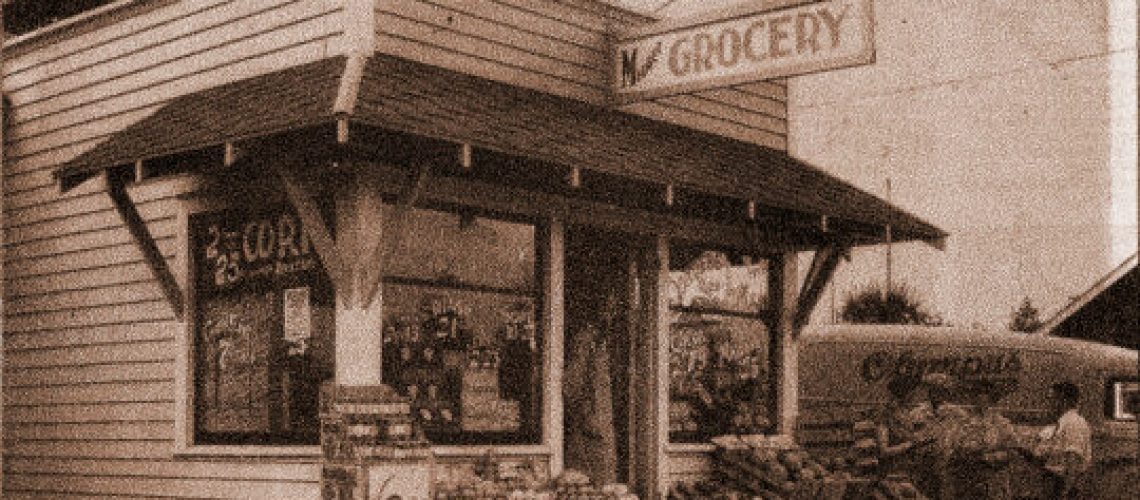How co-ops have kept the American economy afloat for years.
This past year, small businesses have experienced the harsh impact of the COVID-19 pandemic combined with the now-highlighted flaws of capitalism that leaves workers and owners to depend on in-person sales, no matter the crisis or risk that comes with it, for their own stability in terms of housing, food, and medical care. For many, even the PPP loans distributed by the federal government were not enough to stay in business. In the first 6 months of the pandemic, nearly 2500 restaurants in Washington state closed their doors permanently, 75% of those independently owned. Even big corporations like Pier 1 Imports and JCPenny couldn’t compete with online competitors, leading to termination of employees and closing many (if not all) locations for good.
Although 2020 has highlighted the cracks in the current status quo, studies show co-ops have proven to be more resilient in the face of economic downturn and crisis. This is not necessarily a result of the government loans for small businesses, but the actions of the workers within those co-ops and the foundational structure that co-ops are built on. To understand this, we must first recognize that cooperatives have largely emerged during national or global crises to fill the gaps in essential needs that both economic and government bodies fail to address. Consumer co-ops first emerged during the 1800’s as a response to overpriced products from typical companies. During the Great Depression, farmers who produced more than they could sell were often approached by unemployed residents offering labor in exchange for leftover produce that would otherwise go bad. This movement became the Unemployed Cooperative Relief Organization. During the 2008 recession, credit unions (cooperative banks) emerged and saw increases in deposits and membership.
“As history reveals, cooperatives often emerge during times of crises. Cooperatives are often founded by persons sharing a common need and a collective identity of a community of destiny (Defourny & Develtere, 1999) to ensure the provision of products or services which the market, and/or the state, fail to provide them with (Mushonga, Arun, & Marwa, 2019).” Source
One of the biggest reasons cooperatives are resilient in times of crisis is the foundation that cooperatives are built on: centering the members. When faced with financial hardships, businesses that rely on shareholder interests find themselves cutting costs through employee layoffs. These decisions are largely made by the shareholders themselves or by those only in upper management, and not those who are the most impacted. In worker cooperatives, members are the foundation of their workplace and have equal share in the business. Because co-ops do not tie decision rights to capital, members come together to make collective decisions in the best interest of the business and themselves.
This inclusive environment also creates a sense of community and camaraderie among the group of members, working together to find creative solutions and common ground. As a result of this standard, a 2020 survey showed that worker co-ops were more likely to redistribute funds equally to workers, or temporarily furlough/dock pay than lay off their workers. To put it simply, workers are more inclined to their jobs when their voice is valued and included in issues that affect them. This type of support among workers also encourages member participation and motivation to not only maintain their position at their cooperative, but also to take on leadership roles and pursue education on business operations.
Cooperatives are not only adaptable in times of hardship, but they are also dependable for consumers and on addressing inequity in their communities. By working with their community members and collaborating with other co-ops, they find ways to support one another through networking, campaigns, and access to resources. Just this year, the NFCDC launched a campaign to assist minority-led credit unions with economic relief for their communities, expand awareness of credit union benefits to the general public, and increase accessibility for people establishing a bank account or credit for the first time.
“The cooperative model seems to defy what economists call “economic law”– that people work only for personal gain and in response to schemes of personal incentive and reward. It is a model that defies being labeled either capitalism or socialism. (Cooperativism?) Cooperatives exist to serve their members and are governed by values, and although co-ops are a collective model they are not controlled by the state. The principles and values of “co-operativism” provide a positive, workable alternative to competitive capitalism.” Source
It’s amazing that despite the robust history of cooperatives and their role in civilization, one of the most common questions we get is “what is a co-op?” Especially for cooperatives just starting out, or based in an area where co-ops are scarce, a great deal of time is spent not only educating others about our model but also defending it as a legitimate model. Many seem to think that cooperatives are based on an unrealistic “hippie” environment where people are carefree, lack structure, or perhaps in a cult. When in reality, cooperatives are in many ways the backbone of American stability, not only by serving those who fall through the cracks during a crisis, but also by uplifting workers, members and consumers and ensuring that their needs are met. Like many communities and parts of history, cooperatives were always there in the background providing support to others. You just have to look for them.
Click Here to learn more about how we operate as a cooperative, and Click here to learn more about different types of co-ops and values.

